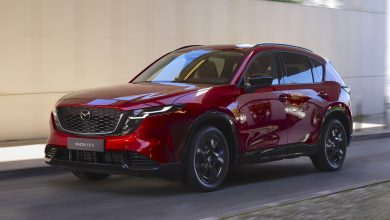29% Of EV Owners Worldwide Want ICE Again For Their Next Car
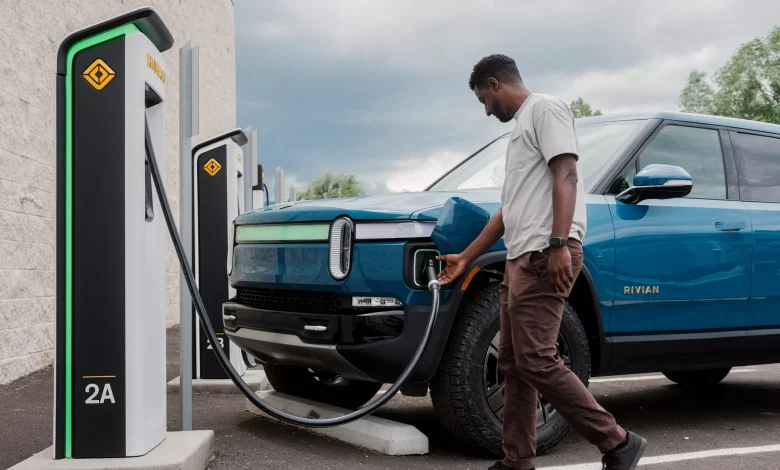
The still-underdeveloped public charging network is what currently prompts most EV owners to hanker a return to ICE.
While many countries and automakers have been all gung-ho about an all-electric future in just the next few years, the general public however might not really be in lock-step with this idea just yet. And if going by the results of a new survey published by consulting firm McKinsey & Co. recently is anything to go by at least too, even those who have had a bite of the EV fruit are seeking guzzle some gas again.
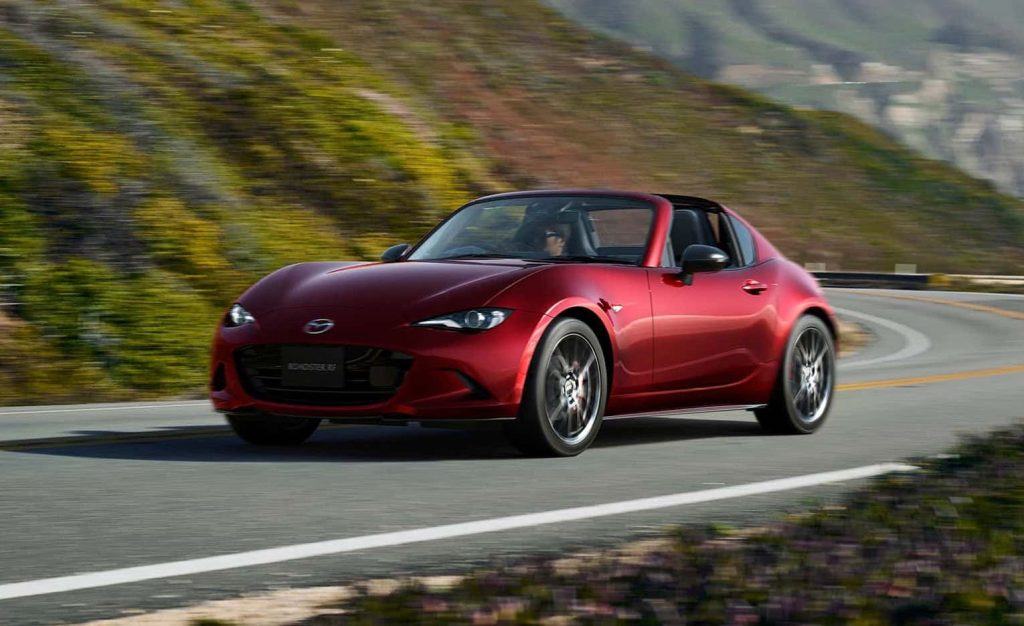
From its biennial survey of 30,000 participants in 15 countries that represented more than 80% of the global sales volume, McKinsey & Co. noted for 29% of its respondents who are current EV owners expressed a desire in likely returning to ICE for their next vehicle. This already rather large proportion then rises even further still to 46%, if the sample was shrunk to just focusing on the United States participants alone.
What more is this survey also found that 21% of its current ICE-owning respondents are set on not buying an EV at all, which mirrors the results from a prior study that was just recently performed by the AAA. McKinsey & Co. further flagged from its results that minimum expectations for an all-electric car among consumers has also since grown from 435 km in 2022, to 470 km in its most recent survey.
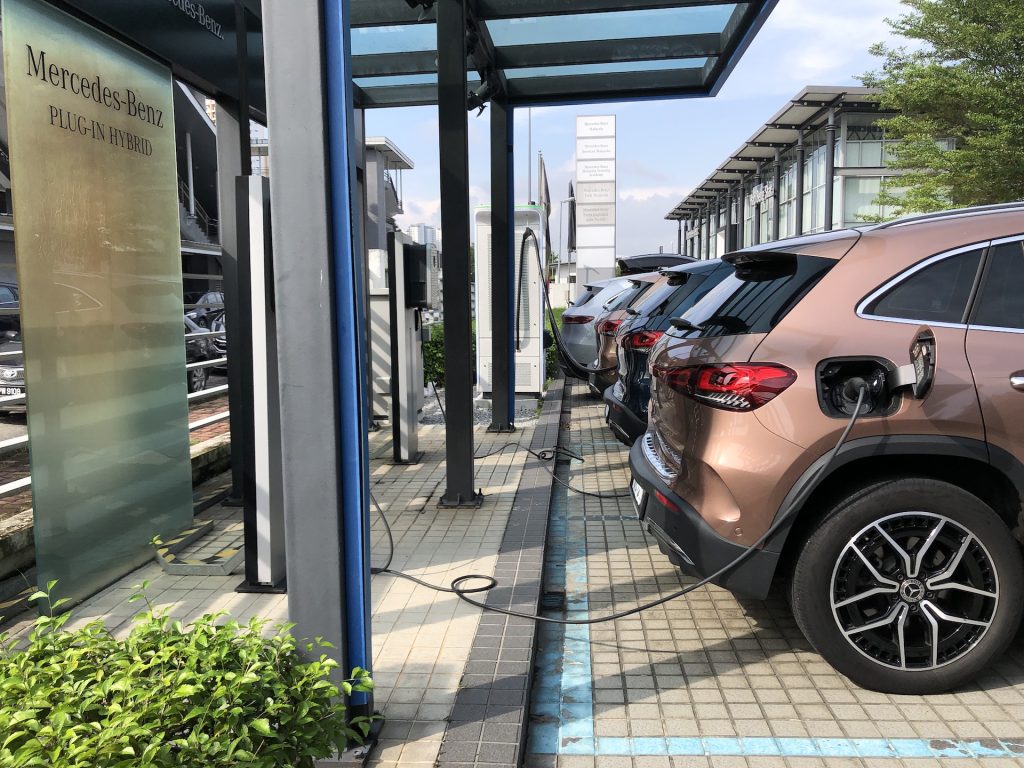
Now the primary factor that has saw EV owners hankering a return to ICE derived from this survey is to be the current still-lacklustre state of the public charging infrastructure. In fact, only 9% of the total participants in this study are currently happy with the expansion of the public charging network in their region, which shows that this is a worldwide problem impeding wider EV ownership.
The third most popular reason given further echoes the problems of EV ownership that stem from this under-developed public charging network too, as a significant number of respondents having cited their desire to return to ICE stems the need to find a more suitable car for longer journeys.
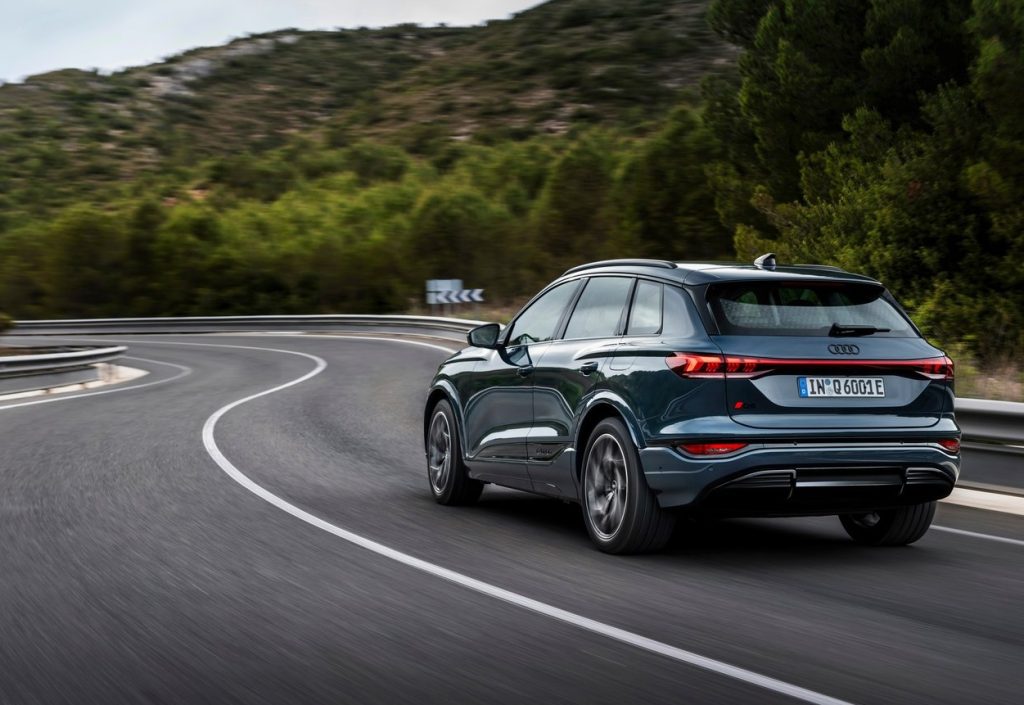
Though in terms of surprising results from this survey, the second-most common rationale given as to why respondents are considering a switch back to ICE was the high cost associated with EV ownership. This is to be a somewhat intriguing answer as one of the main draws to these all-electric cars was the lack of maintenance required relative to an ICE alternatives, not to mention too to the widely-marketed cheaper cost of charging over paying for petrol.
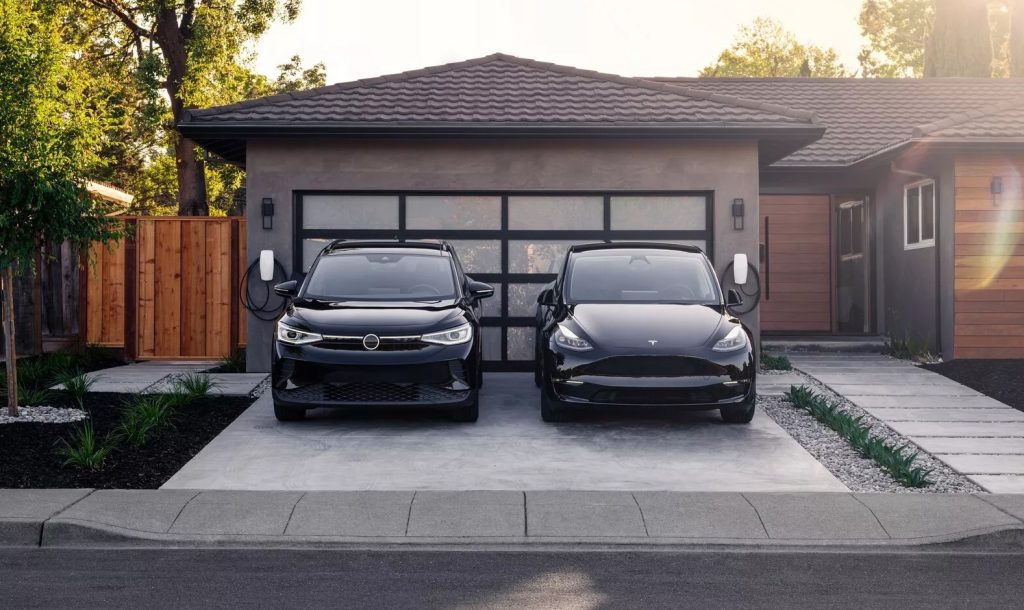
It is perhaps worth highlighting that amid all the doom and gloom reported here, an electrified future is nevertheless to not be all that dead yet. That is as 38% of non-EV owners worldwide surveyed would still actually consider a PHEV or EV for their next car purchase.
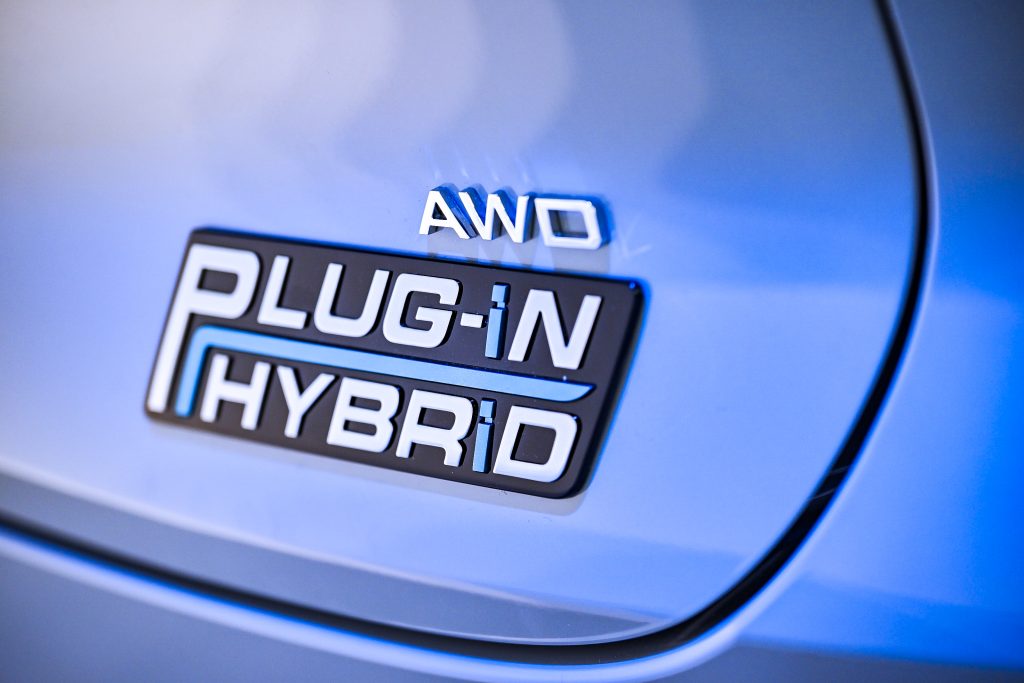
As aptly put by Kevin Laczkowski, senior partner and global co-leader of McKinsey’s Automotive & Assembly Practice, the bottom line here therefore is that “OEMs and suppliers now have to invest in multiple technologies“, adding that “this is the ultimate uncertainty right now, like almost never before.”



